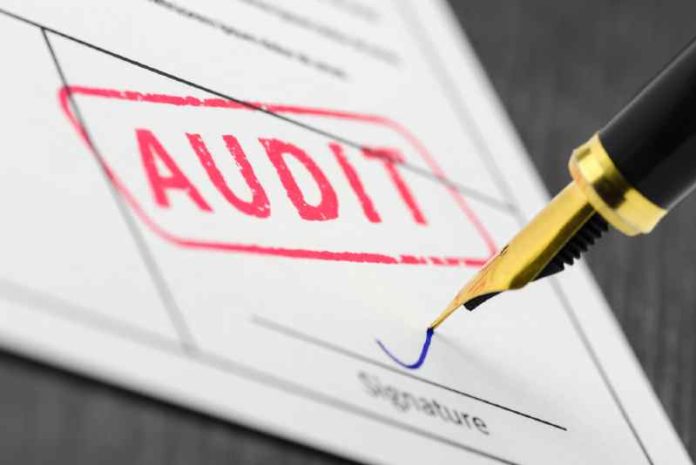Many small business owners live in fear at the thought of being audited by the IRS. However, the reality is that only a small percentage of businesses undergo tax audits each year. In fact, according to the IRS 2018 Data Book, just 0.5 percent of all tax returns filed in 2018 were audited. While the odds of being selected are slim, it’s important to understand what to do upon receiving an audit notice.
Why am I being audited?
While some IRS audits are truly random, the majority are based on a complicated algorithm that examines tax returns for potential risk factors, including:
- Mismatched income, where Form 1099 income does not match what the taxpayer reported on their return.
- Unusually high deductions for meals and entertainment.
- Numbers reported are all “round” numbers.
- Home office deductions are unusually high.
- Business vehicle usage is suspect.
- The business continually reports losses rather than profits.
Other audits arise from tips and referrals, or as a result of related businesses or individuals falling under investigation.
Types of tax audits
Tax audits can be completed by mail or in person. In “correspondence” or mail audits, the IRS sends inquiry letters to business owners who then must respond by providing the requested answers and documentation. As audits go, correspondence audits can be relatively simple.
On the other hand, “desk” audits take place at an IRS office and “field” audits are conducted either at a taxpayer’s business location or home office. These in-person appointments can be stressful, but the key to a successful audit experience is being as prepared as possible.
Preparing for a tax audit
If you work with an accountant, you’ll want to inform them of the notice immediately. It’s also a good idea to engage an experienced tax lawyer. Your attorney or your accountant may be able to represent you and speak to the IRS on your behalf throughout the audit process.
The audit notice should specify the scope of the audit and provide details about timelines, meetings, and the business taxpayer’s rights and obligations during the process. It will generally disclose which tax year’s return is under review and whether the audit is limited to income tax, employment tax, excise tax, or if the examination will be broad in nature.
The notice should also specify what documents the auditor expects to see. This list commonly includes:
- Receipts
- Bank statements and canceled checks
- Business “books”. This may be as simple as a checkbook, or it may include financial statements, profit and loss statements, and accounting ledgers
- Calendars and appointment books, if they will help substantiate claimed deductions.
- Leases and contracts for your office space, company vehicles, etc.
Locate and review these records with your accountant or attorney ahead of time. Organizing this information in advance can demonstrate to the auditor that you are in control of your business’ financial records, creating a more favorable first impression than simply showing up to your audit with a shoebox filled with receipts.
What to expect during your audit
When the first day of the audit arrives, be on time for your appointment and present yourself professionally. If it appears that your lifestyle is not supported by the income reported to the IRS, expect additional scrutiny.
As the subject of the audit, you should be prepared to discuss your income, as well as any deductions and tax credits claimed. You should also be able to describe your accounting and record-keeping system and how you reached the numbers entered on your tax return. While it’s important to respond fully and truthfully to all inquiries, it’s also important to limit the scope of your responses to just what the auditor requests.
After being audited
There are three possible outcomes for your IRS audit:
1. There are no issues resulting from the audit.
It is possible to experience a “clean” audit with no additional taxes or penalties.
2. Errors are identified, and the taxpayer agrees with the auditor’s findings.
If issues are uncovered during the audit and you agree with the assessment, you may owe and have to pay additional money to the IRS to satisfy the audit findings.
3. Errors are identified, but the taxpayer does not agree with them.
In some cases, tax auditors identify what they believe are mistakes or issues with an audited return, but the taxpayer disagrees. In that case, the taxpayer has a 30-day window during which to appeal the auditor’s findings.
In the event that your tax returns are selected for an audit, remember not to panic. Keeping good business records, working with a qualified tax preparer, and engaging a knowledgeable tax lawyer, should help ease the stress of the audit experience and help you avoid a repeat scenario in the future.
Charley Moore is the founder and CEO of Rocket Lawyer, the simple and affordable online legal service that is used by millions of businesses, entrepreneurs, lawyers, and individuals for any legal situation, worldwide. Follow @RocketLawyer for more helpful legal information.
Audit stock photo by chase4concept/Shutterstock







